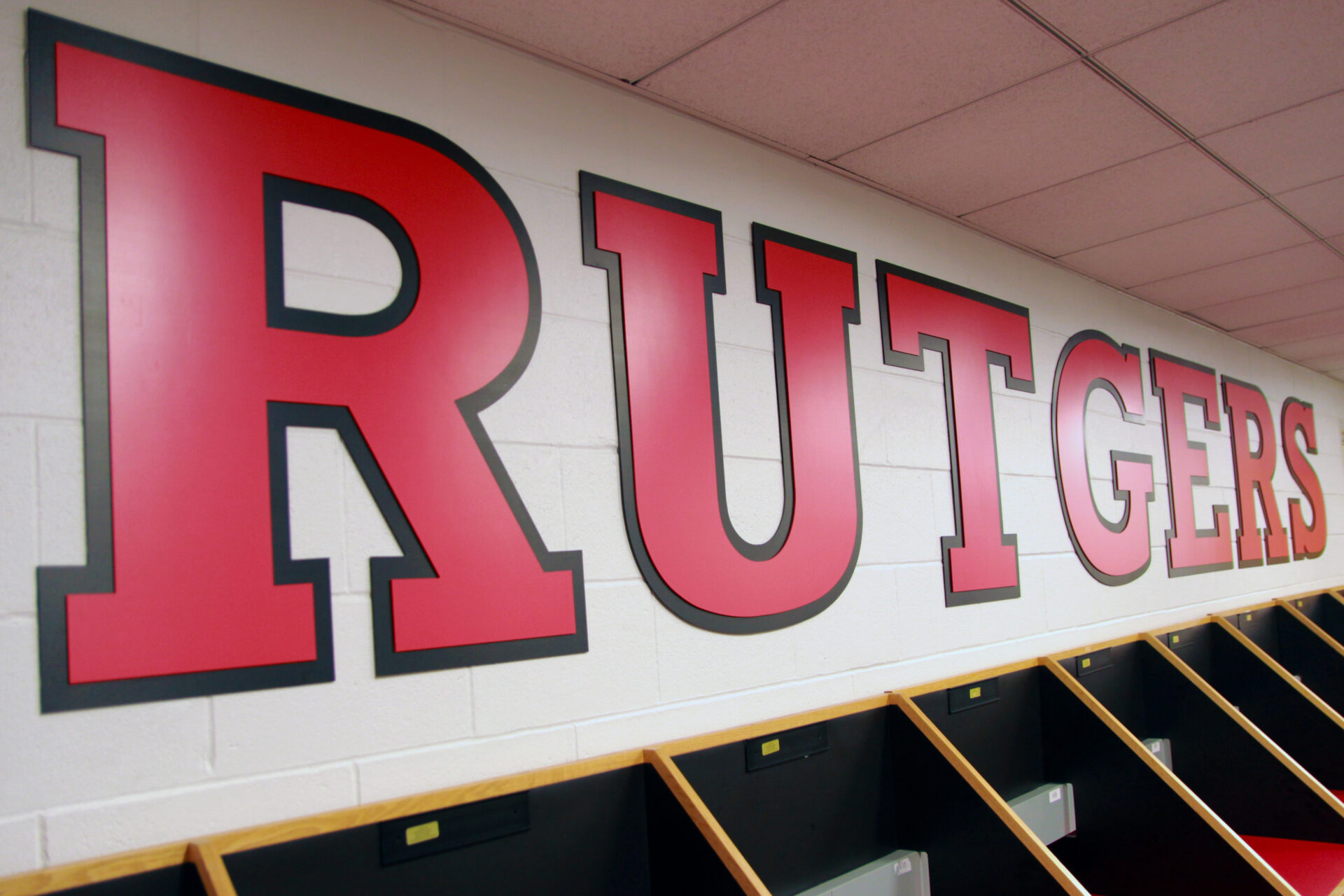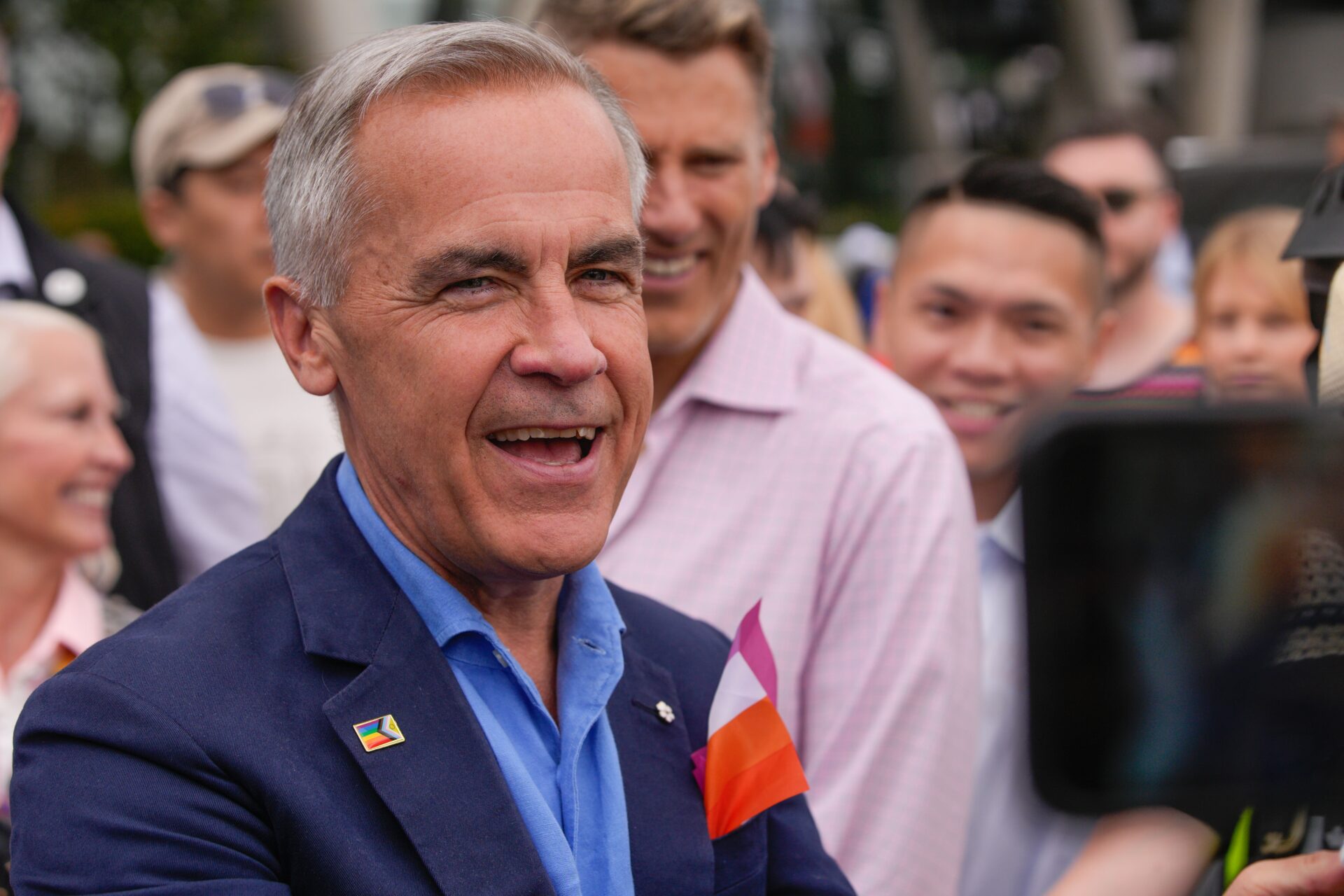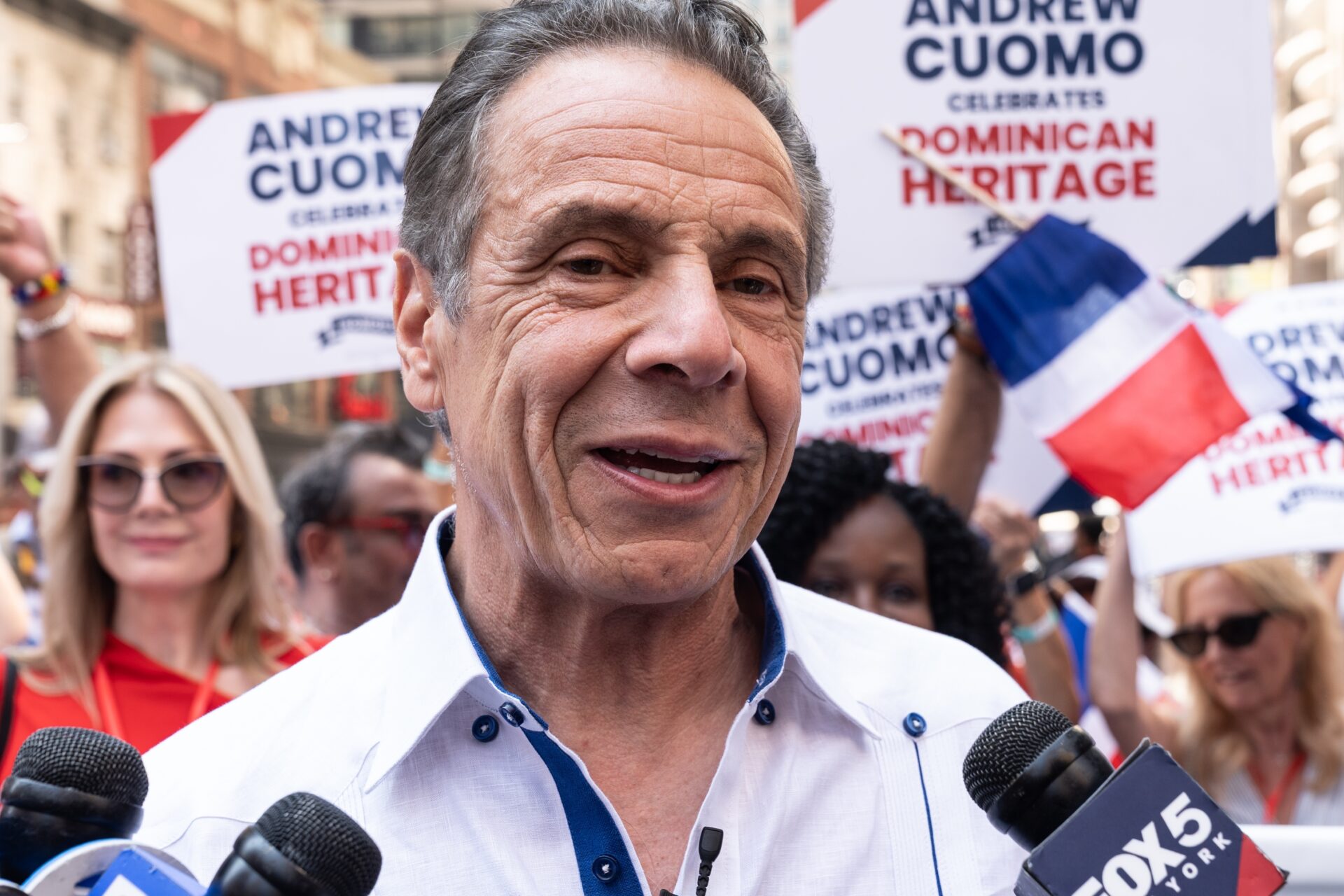
Rutgers’ Conservatives Petition For Professor Bray’s Removal
Conservative student activists at Rutgers University initiated a petition seeking the removal of Assistant Teaching Professor Mark Bray, citing concerns about a hostile campus environment. Bray, known for his association with anti-fascist movements and author of Antifa: The Anti-Fascist Handbook, has since relocated to Europe and is teaching remotely after receiving threats, including the disclosure of his home address.
Story Highlights
- Conservative students at Rutgers launched a petition to remove Professor Mark Bray, alleging a hostile campus climate.
- Professor Bray, who has authored a book on anti-fascism, relocated to Europe and is teaching remotely following threats.
- Rutgers University is currently reviewing the situation.
- The incident highlights ongoing discussions regarding academic freedom, campus safety, and political discourse within higher education.
Conservative student activists at Rutgers University have initiated a petition calling for the removal of Assistant Teaching Professor Mark Bray. The students, primarily associated with the campus chapter of Turning Point USA, allege that Bray’s rhetoric and teaching methods contribute to an environment where conservative viewpoints are marginalized.
The situation escalated when Professor Bray reported receiving death threats, which included the public dissemination of his home address. In response, Bray announced his relocation to Europe for safety reasons and is now conducting his classes online.
Rutgers conservatives who challenged ‘Dr Antifa’ say they’re being punished as university backs professor https://t.co/4DRXvh4x2M
— ConservativeLibrarian (@ConserLibrarian) October 19, 2025
Rutgers University has acknowledged the petition and confirmed that it is reviewing the circumstances surrounding the matter. Details regarding potential disciplinary actions or the timeline for the review have not been extensively disclosed. The shift to online instruction for Bray’s classes has raised questions about its impact on student learning and academic continuity. Some conservative students have expressed concerns about perceived institutional bias, suggesting that the university’s response prioritizes the protection of faculty over the concerns of students challenging certain academic viewpoints.
This controversy underscores the complexities surrounding academic freedom and free speech on university campuses. Professor Bray’s academic work frames anti-fascism as a defense against extremist ideologies. However, critics argue that such perspectives can foster an unwelcoming atmosphere for students who hold differing political views. The university’s decision to allow Bray to teach remotely while reviewing student complaints highlights the ongoing debate about balancing faculty academic freedom with students’ rights to express dissent. This case at Rutgers is reflective of broader national discussions where universities grapple with ensuring safety, protecting free speech, and managing political activism, often leading to outcomes that are perceived by some as favoring established positions.
Turning Point USA is demanding an ANTIFA Assistant Professor be fired from Rutgers University. We do not want our taxpayer money funding an ANTIFA professor. This Assistant Professor is called Dr. ANTIFA has fled the country. pic.twitter.com/qcg7LqAUPk
— Patricia 🇺🇸 (@1109Patricia) October 11, 2025
The events at Rutgers may influence how other universities address politically charged issues involving faculty and student activism. The campus environment has reportedly become more polarized, with conservative students indicating that they encounter resistance when challenging left-leaning professors. Such incidents could potentially impact student engagement in political discourse, potentially discouraging advocacy for various constitutional principles and traditional values. Universities are increasingly dedicating resources to security and remote learning solutions, while also navigating public scrutiny arising from highly publicized ideological conflicts.
Proponents of academic freedom caution against penalizing faculty for controversial scholarship, while others emphasize the importance of protecting students from perceived radicalization or bias. Both perspectives acknowledge that the Rutgers situation highlights a need for universities to achieve a balance that upholds free speech and ensures that diverse values are respected within higher education institutions. The current administration’s focus on constitutional rights and addressing perceived campus overreach suggests that developments in such cases are being closely observed by conservative groups in the United States.
Watch the report: Rutgers University Allegedly Targeting Turning Point Students After Petition Against Professor
Sources:
Mark Bray Interview on Democracy Now: Rutgers Professor Flees to Europe Amid Campus Controversy
Rutgers Professor Known as “Dr. Antifa” Flees to Europe After Petition to Remove Him
Rutgers conservatives who challenged ‘Dr. Antifa’ say they’re being punished as university backs professor


